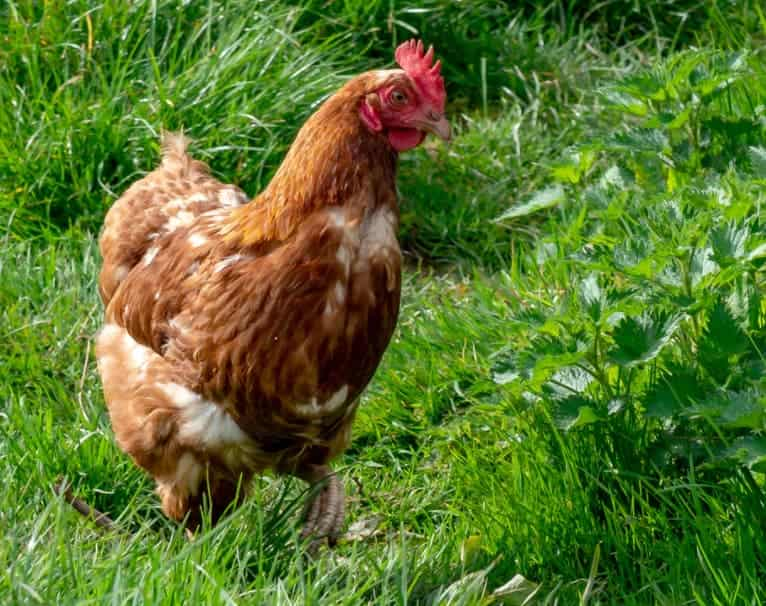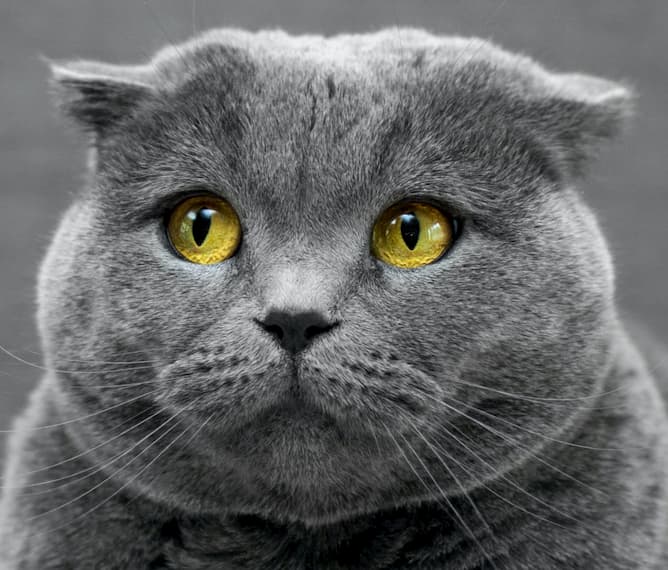Do you want to know how to look after a pet bird?
Having a pet bird should be an enjoying experience. A well-cared bird can keep you happy for years, as it can have a lifespan of between 10 to 80 years.
Table of Contents
ToggleHaving a pet bird in your home is a responsibility, as your bird will be totally dependent on you for their food, water, health, and shelter. Birds in a non-stimulating environment and poor diet can have a reduced lifespan.

Nutrition
A balanced diet is an essential part of a healthy bird’s life. The common problems in them include vitamin A deficiency, obesity, and egg binding.
Most birds are fed seed as their only diet. Birds love this as its very tasty, due to its high-fat content. However, most dried packaged seeds are low in vitamins, and only a few mixtures have added vitamins and minerals. Even if the whole mix contained vitamins, birds sometimes select only one or two types of seeds and will not eat the rest. They commonly choose sunflower seeds.
To provide a balanced diet, you should introduce various foods to your pet bird daily. For example, you can give green vegetables such as celery, endives, parsley, silverbeet, and spinach. Dandelion, fresh grasses, milk thistle, and fresh fruits are also great.
Environment
Surprisingly, birds love baths and showers. But avoid using soaps when your bird is with you. A fine mist spray is an excellent alternative. You can also provide birdbaths, but you should not leave them in cages all the times, as water can become soiled quickly.
Sunlight is also needed by birds, and it should be in a full spectrum of light. Sunlight through a closed window is insufficient as Vitamin D is absorbed from natural sunlight. Birds also need to have at least 10 to 12 hours in total darkness each night.
Just to add, smoking is hazardous to birds. Their lungs are their efficient breathing system. Once their skin becomes irritated by the smoke, they might self-mutilate. Some smokers think that if they smoke on the other side of the room, the bird will be safe, but it’s false. Smokers need to smoke far away from the bird’s cage.
Cages
Cage is a bird’s home and not a jail. Pet birds need protection from other predators and poisons around the house. Ideally, it should be rectangular enough to enable the bird to extend its wings to fly. A tall cage is not necessary. Also, to get healthy exercise, birds should spend the maximum amount of time supervised outside their cage. Not doing this can make birds become depressed and overweight. If you are worried on how to catch a bird if it’s reluctant, simply dim the lights.
Perches
Poor perches lead to sores on bird’s feet. Before, sandpaper was used to shorten nails, which also manage the sore feet. Perches should be made of varying sizes of natural wood branches and not plastic.
Food and Water Bowls
Food and water bowls should be placed to areas where the bird can defecate in them. What you can do instead is to use a plain paper or grill to allow faeces to fall through. Avoiding plastic-coated bag or metal toys in the cage as these can lead to heavy metal poisoning.
Heavy Metal Poisoning
According to veterinarians, heavy metal poisoning is a common problem of birds. Many birds are exposed to heavy metals in their cages. Copper, lead, and zinc are the most common metals involved. They are found in backs of mirrors, copper wire, galvanised wire, metal ties, paint, and rusty metal toys.
Aviaries and cages should be made of powder-baked, stainless steel, or new BHP polymer-covered wire. Scrub the wire with a wire brush and vinegar, then rinse the vinegar off and repeat. This way, the zinc toxicity will be minimised. Weathering the wire can also prevent detoxifying the metal either.
Mating or Bonding Friend
Most parrots live in large flocks. So, living in a small cage is unusual to them. Unlike dogs and cats, birds become bonded to other birds. Birds that always talk call or sing are craving for attention. It is very rare for a bird to be happy on its own. In fact, there are various bird diseases and symptoms that birds can experience due to boredom, frustration, and stress. Television and radios are occasional comforts, but cannot substitute a company for long-term.





